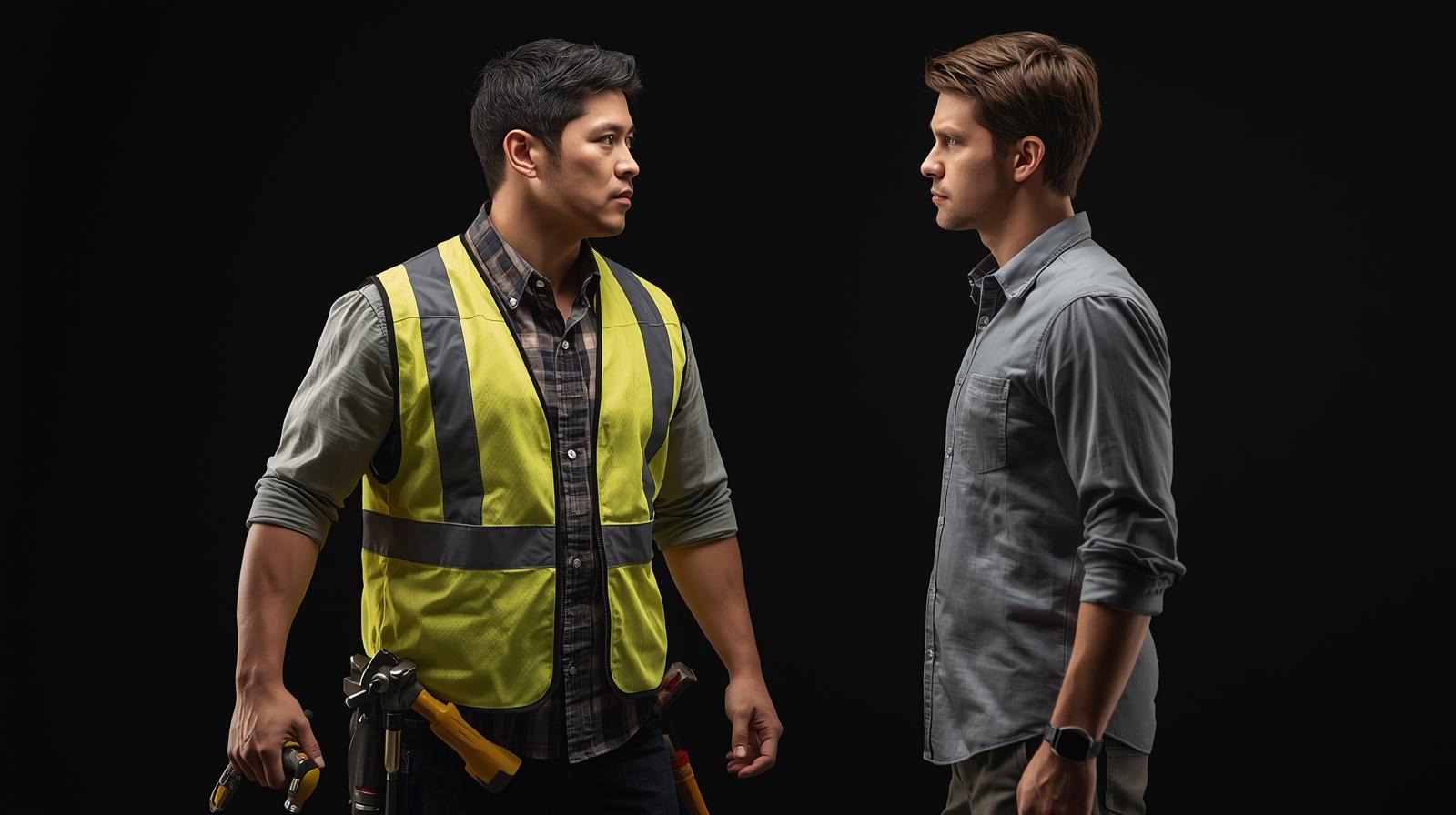
Beyond the Light Switch: The Critical Electrical Scenarios That Demand a Professional
Beyond the Light Switch: The Critical Electrical Scenarios That Demand a Professional
At Haslett Handyman, we pride ourselves on tackling a wide variety of home repairs and improvements, from patching drywall to replacing leaky faucets. But there’s one area where we always draw a firm line and advise our clients to call a specialist: complex electrical work.
Many homeowners assume that an electrician’s job is just about installing light fixtures or swapping out outlets. While those are part of the job, a licensed electrician’s expertise goes far deeper—and the risks of getting it wrong are simply too high for DIY or even non-specialized handyman repairs.
The Licensed Electrician: More Than Just Wiring
So, what exactly does a licensed electrician do? They are highly trained professionals who specialize in the design, installation, maintenance, and repair of electrical power and lighting systems.
They are experts in:
- Code Compliance: They understand the National Electrical Code (NEC) and local building codes, ensuring your home is safe and insurable. Ignoring code can void your insurance policy and create serious hazards.
- Load Calculation: They calculate the proper power draw (load) for your home and ensure your circuits can handle new appliances or additions without overheating.
- Service Panels (Breaker Boxes): This is the heart of your home's electrical system and involves the highest voltage. Electricians are the only ones qualified to safely work inside these panels.
- Complex Diagnostics: They can troubleshoot intermittent power issues, find hidden faults in aging wiring, and diagnose problems that simple multimeter checks can’t solve.
5 Critical Scenarios That Demand a Pro
If you encounter any of the following scenarios, please stop immediately and call a licensed electrician. Attempting to fix these issues yourself is dangerous and could lead to electrocution or fire.
1. The Breaker Keeps Tripping
If a circuit breaker frequently trips, it’s doing its job by cutting power to prevent an overload or a short. While it's tempting to simply flip it back on, repeated tripping indicates a serious problem: either the circuit is constantly overloaded (too many devices plugged in) or there is a short circuit or ground fault in the wiring. The electrician will determine the root cause, which may involve adding a new circuit or replacing faulty components.
2. Hot Outlets, Switches, or Burning Smells
Any electrical component that is generating heat or smells like burning plastic or sulfur is an immediate fire hazard. Heat suggests loose wiring, which creates resistance, leading to extreme temperatures. Do not touch the outlet. Shut off the power to that circuit immediately at the breaker box and call an electrician right away.
3. Flickering or Dimming Lights
Do your lights flicker or dim when you turn on a major appliance like the microwave or AC unit? This often signals a problem with the main service coming into your house or a loose neutral connection. These are high-voltage issues that require working on the home's main entry point, a job strictly reserved for licensed professionals.
4. Wiring for New Appliances or Dedicated Circuits
If you are installing a high-draw appliance like a dedicated EV charger, a central air conditioning unit, or a new electric range, you must install a dedicated circuit. This requires calculating the correct wire gauge, installing a new breaker in the service panel, and ensuring the new circuit is properly grounded. This is a job for an electrician to ensure the load is managed correctly and safely.
5. Issues with the Service Mast or Weatherhead
The service mast (the pipe running up the exterior of your house) and the weatherhead (where the utility wires enter the mast) are the first points of electrical entry. Damage here—from a storm, tree branch, or age—can expose high-voltage wires or allow water into your system. Do not approach or touch this area. Call an electrician or your power utility provider immediately.
When in Doubt, Call It Out
While we love helping you with home repairs, your safety and the integrity of your home's systems are our top priority. For anything beyond basic light bulb changes, simple fixture replacements, or cosmetic cover swaps, defer to the expert.
If you are dealing with a critical electrical scenario in the Haslett area, contact a licensed electrician. Once those critical electrical issues are safely resolved, remember that Haslett Handyman is here for all your non-electrical projects!
.jpg)

